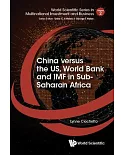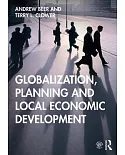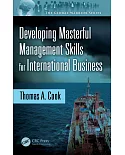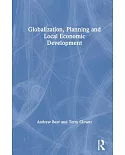Globalization and the development of multinational organizations have led to an increase in the number of people spending part of their lives living and working in foreign countries. While
the contemporary literature has focused on organizational expatriates sent overseas by their employers, self-initiated expatriation is becoming an important area of study in its own right.
Studies on self-initiated expatriation explore the labor market positions of individuals who have relocated under their own initiative. However, no comprehensive book exists on the dynamics
that underlie this type of mobility. This edited volume offers a holistic picture of self-initiated expatriation and the groups that pursue it, emphasizing many aspects for departure
including career development and career capital. It is the first book on the market to explore the issues pertaining to self-initiated expatriation from a variety of perspectives with
important theoretical and practical implications.
In an era of global war for talent, companies face difficulties in finding highly skilled employees. Self-initiated expatriates have the potential to fill this talent gap. National economies
thus have an interest in creating favorable conditions to attract self-initiated expatriates and provoke their repatriation, and this book explores the conditions that achieve the return of
employees with skills that are in demand outside of their home countries.





















